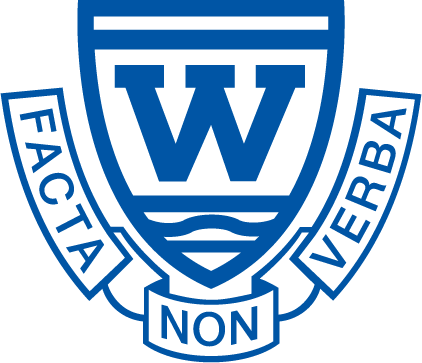Science
The science department offers junior science 8~10 courses and the following four courses at the senior level: Biology, Physics, Chemistry and Science & Technology 11. These senior courses prepare students for post secondary science programs.
Physics courses are designed to teach students how to channel their intuition in order to develop a better perspective of the world around them. The universe is governed by certain laws of nature and physics is a way of explaining how it all works. Physics involves mathematical descriptions of how motion, energy and electricity explain the world and life as we know it.
Chemistry deals with the composition and the properties of matter, changes in matter and the laws or the principles, which govern these changes. Chemistry offers students the chance to observe in detail the processes and reactions that occur between quantities on a molecular level. By the end of chemistry 12, students would developed an understanding of topics such as reaction, kinetics, dynamic equilibrium, acid-base chemistry and electrochemistry.
Biology involves the study of evolution, ecology, zoology, biochemistry and anatomy. It is the science devoted to studying living organisms, both plants and animals, giving students a better understanding of how things work in their surrounding environment and the effects they have on their lives.
Science & Technology 11 satisfies graduation requirements but does not meet many post-secondary programs science requirements (Be sure to check). The curriculum is flexible and may change from year to year depending on teacher and student interests. Topics may include personal technology, household and workplace chemistry, forensics, construction science, urban agriculture and transportation.

